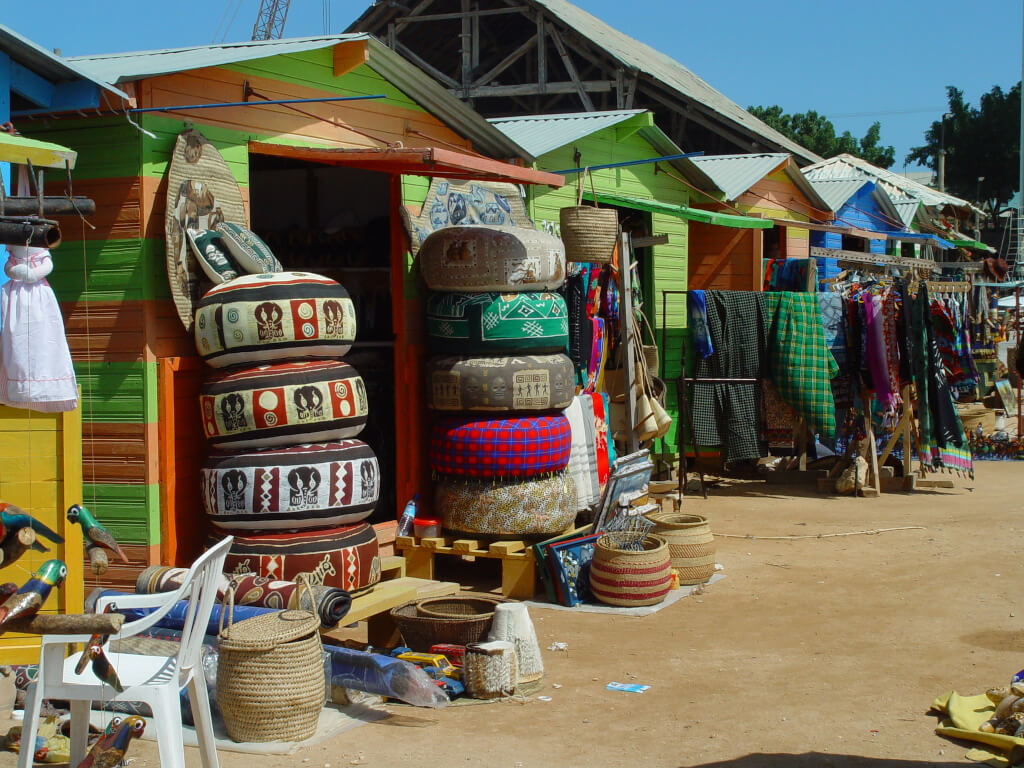People in Zimbabwe are increasingly resorting to buying from street vendors at night as a means of coping with the country’s rising inflation rate. At night, the streets of Harare come alive with a wide variety of goods offered from carts, automobiles, and trucks converted into temporary shops, painting a vibrant picture of perseverance in the face of economic hardship.
Harare’s Nightlife Is Always Bustling
At night, the streets of Harare become a thriving marketplace where everything from potatoes to baby diapers is traded. Amid hyperinflation and economic misery, the midnight shopping binge has emerged as a popular pastime in Zimbabwe.
Blessing Steven, a cab driver of 23 years, emphasises the benefits of the nighttime economy. He exclaims, “Everything is always cheaper outside,” while brandishing a bottle of juice that cost him fifty cents from a roadside stall instead of two dollars at the supermarket. “I’m able to cut costs.”
The Shadow Economy
Cash-strapped Because of their low operating costs, Zimbabweans are increasingly shopping at street stalls rather than in supermarkets. Juice merchant Shingirirai Goriondo is ecstatic about his steady stream of clients. To which I reply, “All beverages I sell here are being charged double there,” indicating a Foodworld store.
The Haunting Return of Hyperinflation
Zimbabwe’s economy has been plunged into chaos as inflation has reached 700%, recalling the disastrous economic catastrophe of 2008. Price tags in supermarkets fluctuate daily to reflect the ever-changing currency rate. Zimbabweans, however, are turning the trend, preferring street sellers who only accept US dollars and keep pricing reasonably consistent.
US Dollar vs. Zimbabwean Dollar
As the value of the local currency plummets against the highly sought-after US dollar, locals would rather conduct trade, be compensated, and save their wealth in dollars. This preference was articulated by Tarisai Bera, who stated, “It is now expensive to purchase groceries from the supermarket with our currency.” The rates of street sellers “rarely change,” she says, and they exclusively accept US dollars. Traders choose to work at night to avoid being caught by authorities and having their items confiscated.
Finding Hope in a Digital Currency Backed by Gold
The government has issued gold coins and a digital currency backed by gold in an effort to stabilise the economy. However, the results of these endeavours have been disappointing thus far. Tendai Biti, the former finance minister, blames his successor, Mthuli Ncube, for the current state of affairs, saying, “Treasury, the natural gatekeeper has become the gate crasher.” In response, President Emmerson Mnangagwa blames dollar-loving enterprises that tax dollar-earning workers in Zimbabwe.
The Growth of the Unofficial Sector of the Economy
As politicians and economists point fingers and analyse, business improves for street vendors. Julius Munyanyi, a businessman who sells his wares, claims, “Customers find it viable to buy from us. There is no one to compete with us. After shopping at Munyanyi’s stand, customer Mike Mashuro says, “Buying from a supermarket is throwing your money.”
Zimbabwe may be struggling with inflation, but the country’s perseverance is evident. Do not miss out on the nighttime retail revolution that is a monument to the resiliency of the Zimbabwean people the next time you are in Harare. Who knew that going out to the store after dark would result in such substantial savings?
About The Author:
Lunga Dlamini is a journalist specializing in African start-ups and entrepreneurship. Lunga’s fascination with innovative business models and emerging market trends guides his writing. He has an MBA and has been with Africa Nova since its inception.




